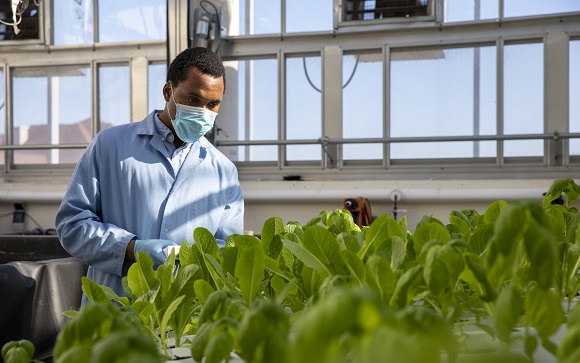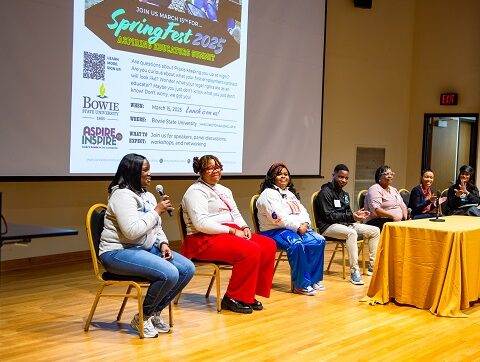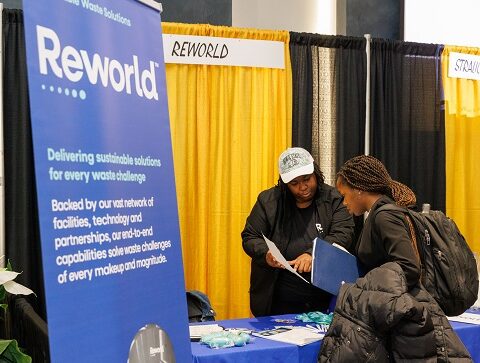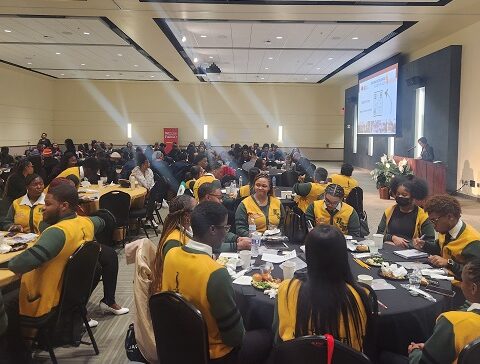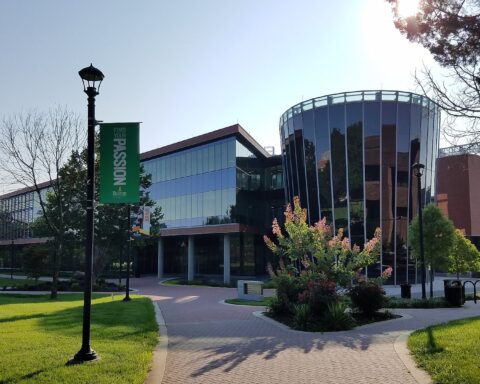By D. Thompson
Bowie State University’s 9th Annual Food Day, set for October 27, will highlight Smart Agriculture in the Chesapeake Bay region and the university’s research in hydroponics and aquaponics technology to help meet the challenges of a potential worldwide food crisis fueled by drought and global climate change.
Bowie State research is also moving beyond planetary limits with the recent award of a $1 million grant from NASA to conduct research on how gravity and spaceflight affects plant growth and development. BSU researchers in the Department of Natural Sciences are growing kale in hydroponic and simulated microgravity environment to study how the stress from weightlessness affects photosynthesis and plant health.
“This research will increase our understanding of how we can improve the quality and diversity of the meals served on the International Space Station and for longer missions into space,” said Dr. Anne Osano, BSU biology professor and primary investigator (PI). “In addition, the data derived from our research will be applicable for earth-based smart agriculture and used to improve management of our natural resources and implementation of sustainable agriculture in distressed farmland worldwide due to the climate dynamics.”
Dr. Mamatha Hanumappa, a project specialist at the Center for Urban Research, Engagement, and Scholarship, will deliver the Food Day keynote address on “Challenges Facing Food Security in the Context of Projected Population Increase.” An expert in agroecology and climate change science, she conducts research and community outreach in areas related to improving food and nutritional security in a changing climate. Dr. Hanumappa is the recipient of the prestigious Fulbright Global Scholar Award for academic year 2021 -2022.
Food Day attendees will participate in discussions about possible solutions to food security challenges using smart agriculture and learn healthy cooking techniques. Tours of the BSU aquaponics and hydroponics greenhouse will be available to view plants growing using the smart technologies and speak to researchers on the project.
“Students, faculty, administrators, and people from the District, Maryland, and Virginia need to allocate time to attend our Food Day,” said Dr. Osano. “Climate change is intensifying each year and people need to understand how agriculture production is adapting to accommodate the world’s need of sustainable food.”

